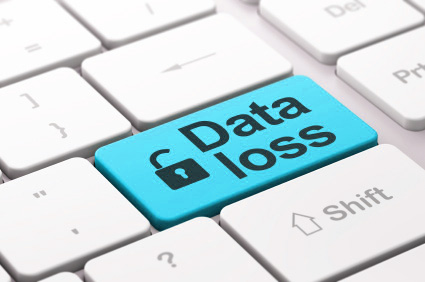
Although several storage issues, such as speed and ability constraints, can be solved by RAID arrays, recovering data from a flawed disc or numerous failed discs can be slightly more difficult or sometimes even unthinkable, and some RAID layouts relate to that. Realizing this will influence which degree of RAID you chose, but failure is still an opportunity. If you understand when and how a catastrophe can occur, it can help avoid disc failure and increase your chances of G-RAID data recovery.
Both triggers are also attributed to data loss and RAID failure, with one case contributing to the next.
- CONTROLLER MALFUNCTION
Controller defects are some of the most popular forms of data failure and are frequently triggered by a power failure, and that is why it’s so essential to select the correct surge security solutions.
- MISSING PARTITION
You can use dividing on your RAID to decrease speed reduction. However, when the device does not find a division that it wants, RAID damage can happen. If you completely revamped partitions or if RAID flash failed and manipulated the split, this may occur due to triggering drive failure. Besides that, if the framework can not locate a split even though it resides, RAID failure or loss of data can arise.
- POWER SURGE
It will also harden the drive in a RAID array, contributing to data loss, just as a power surge will affect a desktop computer. In reality, the controller may even trigger a power failure to malfunction.
- DATA DELETION
Although you certainly do not wish to delete the appropriate details, occasionally it happens. Typically, a format will erase information without you wanting to do so. We’ve always learned the maxim that it’s easier to be careful than to be sorry, but backup data is easier than sorry.
- MALWARE
RAID malfunction is not pleasant, whether attributable to a virus or some form of malware. Use robust antivirus program and firewalls to secure your equipment and files. While using automated backups can yield better since you really don’t delete important data from ransomware.
- MULTIPLE DISK FAILURE
If several hard drive discs fail concurrently, you can rely on a complete G- RAID data recovery failure to a great degree. The design of software, hardware incongruity and power failure can all contribute to failure of several drives.
- WRONG REPLACEMENT DRIVE
Selecting the wrong substitution may have catastrophic consequences for your RAID array. Likewise, with your system, using a drive that is poorly formatted can have detrimental effects that you would like to prevent. And if the repair is compatible, drive malfunction and data loss can be caused by restoration errors.
- APPLICATION UPGRADE
Updating software can infrequently result in loss of data, particularly if, for whatever purpose, updating the application reinstates full rights to the RAID disc.
- SYSTEM SETTING OR REGISTRY ERROR
The reality that due to a device configuration or database mistake you can suffer RAID failure highlights how powerful software could be to the operation of the equipment. Prior verifying them, making sure to use double-check any configurations. You’ll want to stop re-configuring the setup unintentionally, which can occur when installing apps.






